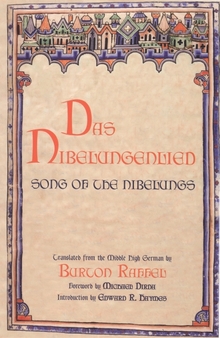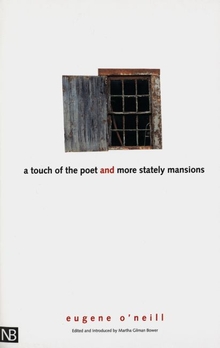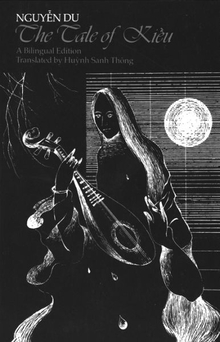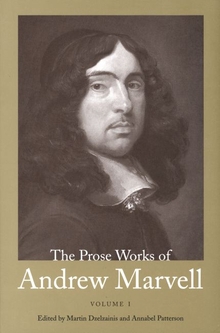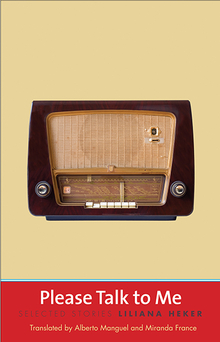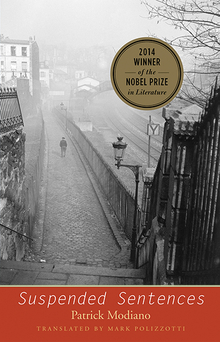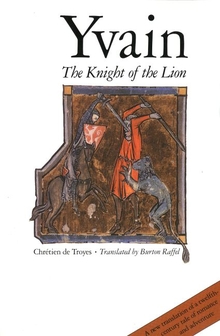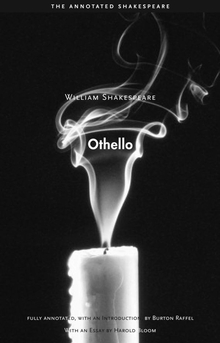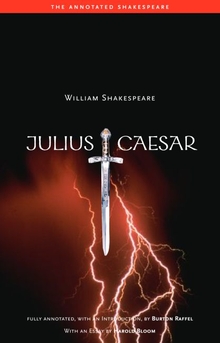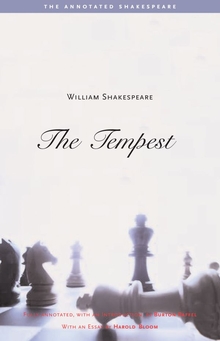Das Nibelungenlied
WARNING
You are viewing an older version of the Yalebooks website. Please visit out new website with more updated information and a better user experience: https://www.yalebooks.com
Song of the Nibelungs
First Edition
Translated from the Middle High German by Burton Raffel; Foreword by Michael Dirda; Introduction by Edward R. Haymes
No poem in German literature is so well known and studied in Germany and Europe as the 800-year-old Das Nibelungenlied. In the English-speaking world, however, the poem has remained little known, languishing without an adequate translation. This wonderful new translation by eminent translator Burton Raffel brings the epic poem to life in English for the first time, rendering it in verse that does full justice to the original High Middle German. His translation underscores the formal aspects of the poem and preserves its haunting beauty. Often called the German lliad, Das Nibelungenlied is a heroic epic both national in character and sweeping in scope. The poem moves inexorably from romance through tragedy to holocaust. It portrays the existential struggles and downfall of an entire people, the Burgundians, in a military conflict with the Huns and their king. In his foreword to the book, Michael Dirda observes that the story “could be easily updated to describe the downfall of a Mafia crime family, something like The Godfather, with swords.” The tremendous appeal of Das Nibelungenlied throughout the nineteenth and twentieth centuries is reflected in such works as Richard Wagner’s opera tetralogy Der Ring des Nibelungen, Fritz Lang’s two-part film Die Nibelungen, and, more recently, J. R. R. Tolkien’s The Lord of the Rings.
Burton Raffel is Distinguished Professor of Arts and Humanities Emeritus and professor of English emeritus, University of Louisiana at Lafayette. He lives in Lafayette. His many works of translation include Voltaire’s Candide, the narrative poems of Chrétien de Troyes, and Poems and Prose from the Old English, all published by Yale University Press.
"Raffel stays true to the style and form of the Nibelungenlied, a wonderful text that deserves a much wider audience in the English-speaking world."—Bettina Bildhauer, University of St. Andrews
"Burton Raffel's Nibelungenlied deserves many enthralled readers."—Michael Dirda, from the Foreword
"A marvelously readable version of Das Nibelungenlied."—Ronnie Apter, Central Michigan University
"Written around the year 1200, The Nibelungenlied is one of the glories of European literature. The epic is based on tales . . . that reach back . . . to the fifth-century destruction of the Burgundian kingdom by the Huns. Yet it speaks as powerfully to modern readers as it must have done to its first audience eight centuries ago. . . . The great narrative poem has been hailed as Germany’s Iliad. . . . The challenges for a translator are great. . . . Mr Raffel has solved the problems well. . . . He varies rhyme and rhythm when he feels the need, often with great subtlety but without betraying the senses or the spirit of the Middle High German text. . . . Raffel catches the natural urgency and excitement of the original poem."—Ian Brunskill, Wall Street Journal
Publication Date: January 8, 2008

